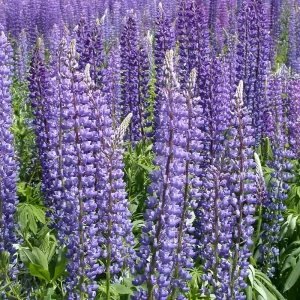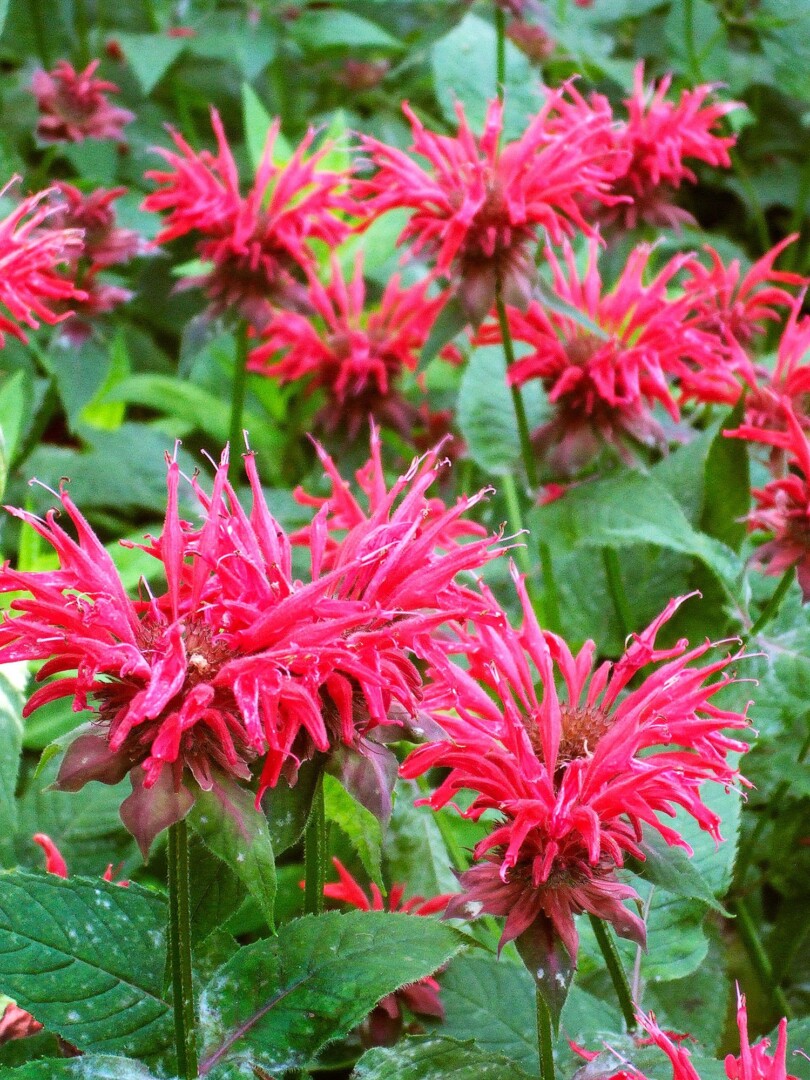Landscaping Tips for Massachusetts Homeowners
Landscaping in Massachusetts can be a rewarding experience, thanks to the state’s diverse climate and rich soil. However, to make the most of your garden and outdoor spaces, it’s essential to understand the unique conditions and challenges that come with the region. Here are some valuable landscaping tips for homeowners in Massachusetts:
1. Know Your Hardiness Zone
Massachusetts spans USDA hardiness zones 5 to 7. Knowing your specific zone will help you choose plants that are well-suited to your local climate. This ensures better survival rates and less maintenance.
2. Select Native Plants
Native plants are adapted to the local environment and require less water and care than non-native species. They also support local wildlife. Some great native options include:
- Eastern Redbud (Cercis canadensis): Beautiful spring blooms.
- New England Aster (Symphyotrichum novae-angliae): Vibrant fall flowers.
- American Holly (Ilex opaca): Evergreen with berries that attract birds.
3. Seasonal Planting
Timing is crucial in Massachusetts due to the distinct seasons. Here are some tips for each season:
- Spring: Start planting cool-season vegetables like lettuce and peas. Spring is also the best time to plant perennials and shrubs.
- Summer: Focus on maintaining your garden with regular watering and mulching. Plant heat-loving vegetables like tomatoes and peppers.
- Fall: Plant bulbs for spring flowers, like tulips and daffodils. Fall is also an excellent time to plant trees and shrubs, giving them time to establish roots before winter.
- Winter: Plan your garden layout and order seeds for the upcoming growing season. Protect young plants with mulch to insulate the roots.

4. Soil Health
Healthy soil is the foundation of a thriving garden. Here’s how to improve and maintain soil health:
- Test Your Soil: Conduct a soil test to determine pH and nutrient levels. Massachusetts soils are often acidic, so you may need to add lime to balance the pH.
- Add Organic Matter: Incorporate compost or aged manure to improve soil structure, drainage, and nutrient content.
- Mulching: Mulch helps retain moisture, suppress weeds, and regulate soil temperature. Use organic mulches like wood chips or straw.
5. Watering Practices
Efficient watering is essential for a healthy landscape:
- Early Morning Watering: Watering in the early morning reduces evaporation and allows plants to absorb moisture before the heat of the day.
- Drip Irrigation: Consider installing a drip irrigation system to deliver water directly to the roots, minimizing waste.
- Rain Barrels: Collect rainwater to use during dry spells, reducing reliance on municipal water.
6. Lawn Care
A lush lawn enhances your landscape, but it requires proper care:
- Mowing: Set your mower blades high (about 3 inches) to encourage deep root growth and shade out weeds.
- Aeration: Aerate your lawn in the fall to relieve soil compaction and improve air and water penetration.
- Fertilization: Use a balanced, slow-release fertilizer in the spring and fall to promote healthy growth.
7. Incorporate Hardscaping
Hardscaping elements like patios, walkways, and retaining walls add structure and functionality to your garden:
- Materials: Choose materials that complement your home and local environment, such as stone, brick, or wood.
- Design: Plan your hardscape features to enhance the natural flow of your garden and create outdoor living spaces.
8. Pest and Disease Management
Massachusetts gardens can be affected by various pests and diseases:
- Integrated Pest Management (IPM): Use a combination of biological, cultural, and mechanical controls to manage pests. This includes introducing beneficial insects, using pest-resistant plants, and practicing crop rotation.
- Regular Inspections: Regularly check your plants for signs of pests and diseases. Early detection and treatment are crucial to preventing widespread problems.
Conclusion
With careful planning and attention to the unique conditions of Massachusetts, you can create a beautiful and sustainable landscape that enhances your home and provides enjoyment throughout the year. For professional landscaping services and expert advice, contact Green Pulse Landscaping.
Contact us today for a free estimate at
(857) 504-5117 or email us at
contact@greenpulselandscaping.com to schedule a consultation and learn how we can help you achieve a lush, green lawn.
Click to Call Us!


